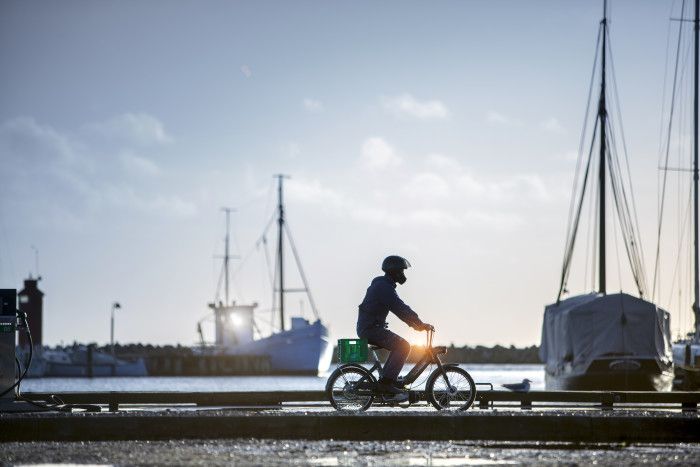If you’ve lived in Denmark for a period of time, there is a decent chance you’ve seen one of Arla’s plastic green milk crates blending into the landscape of an alley or playground. But now the Danish dairy giant wants them back.
Arla has launched a massive ‘collection campaign’ that it hopes will encourage institutions and citizens to return the thousands of crates that have gone missing over the years.
“In Arla, we work to make a green difference, so it is natural that we get hold of the milk crates,” said Jakob B Knudsen, the head of Arla Denmark.
“Actually, the crates are designed to last for 20 years, but they tend to disappear after three years on average. If we get more back we can reduce our CO2 emissions by up to 825 tonnes and bring us closer to reaching our 2020 goal of reducing our total CO2 emissions by 25 percent.”
READ MORE: Arla to produce more organic milk
300k AWOL every year
In order to further urge the public to lend a helping hand, Arla promises to donate one kroner to the national nature conservation association Danmarks Naturfredningsforening for every crate returned.
Of the 2 million in circulation, around 300,000 are ‘lost’. The missing crates cost the company over 6 million kroner per year.
It hopes to collect somewhere between 75,000 and 100,000 crates nationwide and to do so by asking shops and wholesalers to remember to bring back crates following deliveries, sending letters to the nation’s institutions urging them to send them back the next time they receive a delivery from wholesalers, and asking private consumers to return the crates to their local supermarkets.
Anyone with more than 20 crates can contact Arla at 8938 1000.















